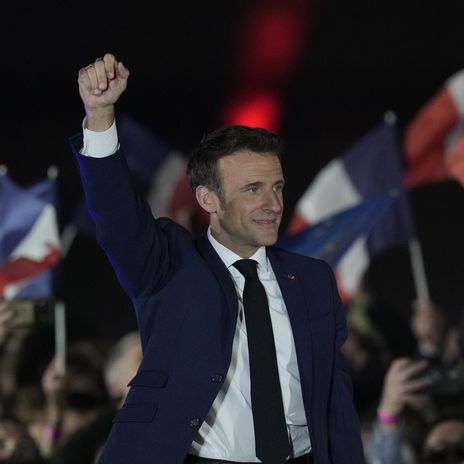The Impact of Emmanuel Macron on French Politics

Introduction
Emmanuel Macron, the President of France, has been a significant figure in European and global politics since his election in 2017. His leadership style, policies, and reforms have sparked considerable debate, making his presidency a focal point in contemporary political discussions. As France navigates economic challenges, social movements, and a changing global landscape, understanding Macron’s influence becomes crucial for grasping the current state of French politics.
Macron’s Policies and Reforms
Since taking office, Macron has focused on revitalising the French economy through a series of reforms aimed at reducing unemployment and boosting investment. Key measures include tax reforms that benefit businesses, changes to the labour laws intended to make the job market more flexible, and initiatives to promote entrepreneurship. These policies have produced mixed reactions, with supporters praising their intent to modernise France, while critics argue they disproportionately favour the wealthy.
Response to Recent Challenges
Macron’s government has faced significant challenges, including the COVID-19 pandemic and its aftermath. The government implemented a comprehensive strategy to manage the health crisis, including extensive vaccination campaigns and economic support packages for affected businesses and individuals. However, rising inflation and social discontent have led to increased scrutiny of Macron’s administration, particularly during the recent protests against the cost of living.
International Relations and Influence
On the international stage, Macron has positioned himself as a leading voice within the European Union, advocating for stronger unity among member states and taking a firm stance on issues such as climate change and digital regulation. His recent efforts to strengthen ties with African nations, advocating for investment and development, illustrates his broader vision for France’s role in global affairs.
Conclusion
As Emmanuel Macron approaches the latter part of his second term, the implications of his policies will continue to unfold. With the next presidential election looming in 2027, the future of his political legacy is uncertain. While he has undeniably transformed aspects of French politics, the real test will be his administration’s ability to address the growing discontent among citizens and adapt to changing global dynamics. Therefore, staying informed about Macron’s actions and their consequences will be essential for understanding France’s direction in the coming years.









